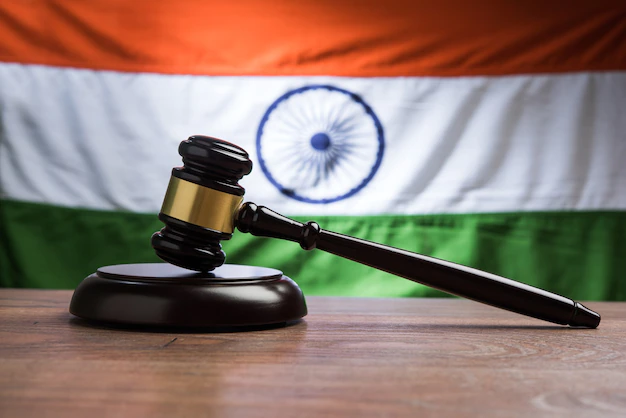The Polygraph Test and Legal Rights
Definition and Procedure
The polygraph or lie detector test measures and records physiological indicators like blood pressure, pulse, respiration, and skin conductivity while a person answers questions. It operates on the assumption that physiological responses differ when a person lies compared to when they tell the truth.
Historical Context
Cesare Lombroso, an Italian criminologist, conducted a similar test in the 19th century, measuring changes in the blood pressure of criminal suspects during interrogation.
Legal Admissibility
In India, polygraph test results are generally not admissible as evidence in court under Article 21(3) of the Indian Constitution, which protects individuals from self-incrimination. The National Human Rights Commission (NHRC) has issued guidelines to ensure tests are conducted in accordance with personal liberty and privacy rights.
NHRC Guidelines
The NHRC guidelines stress the importance of voluntary and informed consent from the accused before administering the test. The accused must understand the purpose, procedure, and legal implications of the test. Their consent must be recorded before a Judicial Magistrate.
Key Considerations
During court proceedings, the judge evaluates factors such as the accused’s understanding, duration of detention, and the nature of interrogation. Statements made during the test are considered statements to the police, not confessions.
Landmark Judgments
Selvi v. State of Karnataka & Anr Case 2010
In the Selvi v. State of Karnataka & Anr Case 2010, the Supreme Court ruled that involuntary administration of narco or lie detector tests violates the fundamental right against self-incrimination.
D.K. Basu v. State of West Bengal
The D.K. Basu v. State of West Bengal case, 1997, emphasized that involuntary tests amount to cruel, inhuman, and degrading treatment.
Observations by the Supreme Court
The SC noted that narco tests are not entirely reliable and conclusive as evidence. However, information obtained voluntarily from these tests may be admitted under Section 27 of the Evidence Act, 1872. The court stressed strict adherence to the NHRC guidelines for administering polygraph tests.
Conclusion
The polygraph test, commonly known as the lie detector test, serves as a tool in investigations, measuring physiological responses to determine truthfulness. However, its legal admissibility remains contentious, particularly concerning individual rights and the reliability of results.
While the test can provide valuable insights, its involuntary administration infringes upon fundamental rights, as established by landmark judgments such as Selvi v. State of Karnataka & Anr and D.K. Basu v. State of West Bengal. The Supreme Court’s emphasis on voluntary consent and adherence to NHRC guidelines underscores the importance of safeguarding personal liberties and ensuring a fair process.
Ultimately, while the polygraph test may aid investigations, its limitations and potential for coercion necessitate cautious consideration. Upholding constitutional principles of fairness and protecting individual rights should remain paramount in its use within the criminal justice system.
Frequently asked questions
What is a polygraph test?
A polygraph test, also known as a lie detector test, measures physiological indicators like blood pressure, pulse, respiration, and skin conductivity while a person answers questions. It aims to detect differences in physiological responses between truth and lies.
Why is the polygraph test used in investigations?
The polygraph test is utilized in investigations to gather information and assess the truthfulness of individuals’ statements. It is often employed by law enforcement agencies to aid in criminal investigations.
Are polygraph test results admissible in court?
In India, polygraph test results are generally not admissible as evidence in court under Article 21(3) of the Indian Constitution, which protects individuals from self-incrimination. However, voluntary information obtained during the test may be admissible under certain circumstances.

























